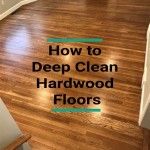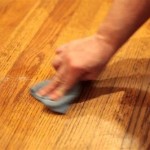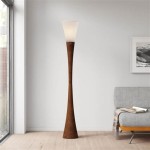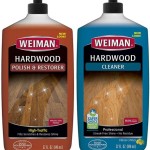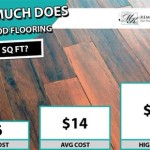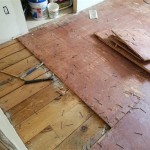Vinyl Flooring Vs Engineered Wood
When it comes to flooring, there are a lot of different options to choose from. Two popular choices are vinyl flooring and engineered wood. Both have their own advantages and disadvantages, so it's important to do your research before making a decision.
Vinyl Flooring
Vinyl flooring is a synthetic material that is made from polyvinyl chloride (PVC). It is available in a wide range of styles, including wood, tile, and stone. Vinyl flooring is known for its durability, ease of maintenance, and water resistance.
Some advantages of vinyl flooring include:
- Durability: Vinyl flooring is very durable and can withstand heavy foot traffic. It is also resistant to scratches and dents.
- Easy maintenance: Vinyl flooring is easy to clean and maintain. It can be mopped or vacuumed regularly.
- Water resistance: Vinyl flooring is water resistant, making it a good choice for bathrooms and kitchens.
- Affordability: Vinyl flooring is a relatively affordable flooring option.
Some disadvantages of vinyl flooring include:
- Not as natural looking as real wood: Vinyl flooring is not as natural looking as real wood. It can sometimes have a plastic-like appearance.
- Can be difficult to repair: Vinyl flooring can be difficult to repair if it is damaged.
- Not as environmentally friendly as other flooring options: Vinyl flooring is not as environmentally friendly as other flooring options, such as hardwood or laminate.
Engineered Wood
Engineered wood is a type of flooring that is made from a combination of wood and other materials, such as plywood or MDF. It is available in a wide range of styles, including wood, tile, and stone. Engineered wood is known for its durability, stability, and natural beauty.
Some advantages of engineered wood include:
- Durability: Engineered wood is very durable and can withstand heavy foot traffic. It is also resistant to scratches and dents.
- Stability: Engineered wood is more stable than solid hardwood flooring. It is less likely to buckle or warp in response to changes in temperature or humidity.
- Natural beauty: Engineered wood has a natural beauty that is similar to solid hardwood flooring. It is available in a wide range of colors and finishes.
- Easy maintenance: Engineered wood is easy to clean and maintain. It can be mopped or vacuumed regularly.
Some disadvantages of engineered wood include:
- More expensive than vinyl flooring: Engineered wood is more expensive than vinyl flooring.
- Not as water resistant as vinyl flooring: Engineered wood is not as water resistant as vinyl flooring. It can be damaged by spills or leaks.
- Can be difficult to repair: Engineered wood can be difficult to repair if it is damaged.
Which is the Right Choice for You?
The best way to decide which type of flooring is right for you is to consider your individual needs and preferences. If you are looking for a durable, easy-to-maintain, and water-resistant flooring option, then vinyl flooring may be a good choice for you. If you are looking for a more natural-looking flooring option that is also durable and stable, then engineered wood may be a better choice.

How To Tell If Your Floor Is Hardwood Or Vinyl Garrison Collection

Luxury Vinyl Plank Flooring Vs Engineered Hardwood Next Day Floors

General Comparison Ferma Flooring

Is Spc Better Than Wpc Waterproof Engineered Hardwood Flooring Vinyl Plank Foley Al 2024

Vinyl Vs Engineered Hardwood Flooring From The Forest Llc

Engineered Hardwood Vs Laminate

Hybrid Flooring Vs Engineered Timber Oak Elite Wooden Floors

Solid Hardwood Vs Engineered Luxury Vinyl Flooring

Engineered Wood Vs Solid Hardwood

Laminate Flooring Vs Engineered Hardwood Pros And Cons


